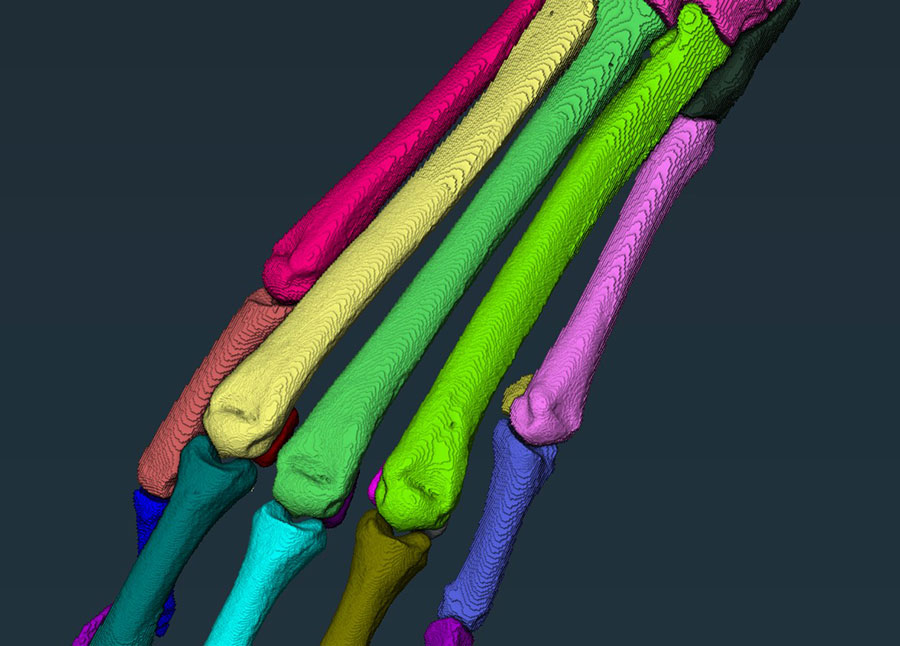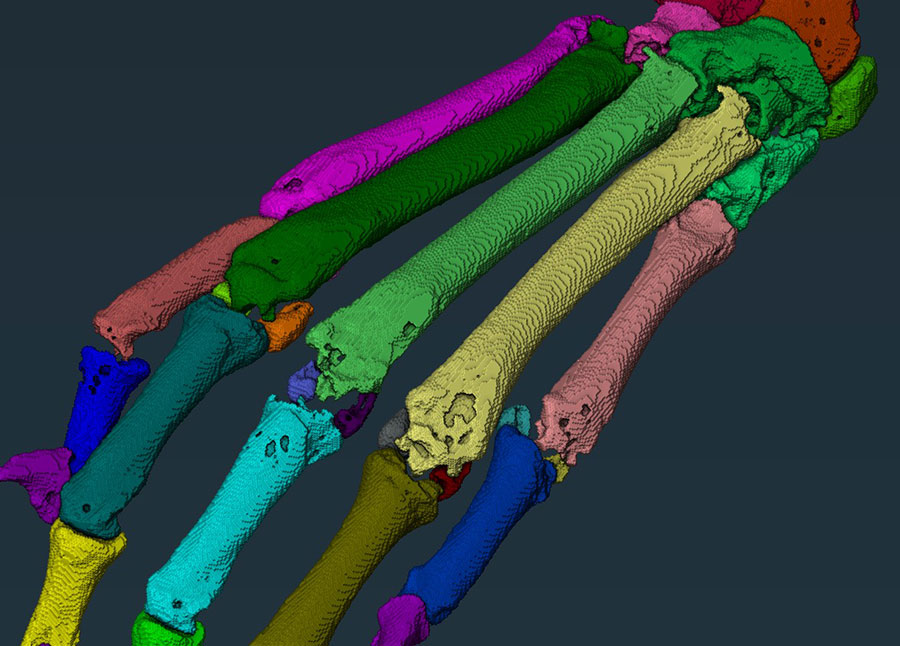Role of CD47 Pathway in Rheumatoid Arthritis (RA) Pathogenesis and Treatment
Rheumatoid arthritis (RA) represents a chronic progressive process which leads to significant morbidity and mortality. RA is driven by both inflammatory and stromal pathologies, and while current therapies improve inflammation, there are not effective treatments targeting fibroblasts and bone pathology in RA. The CD47 pathway can affect both immune cell phagocytosis through SIRP-a signaling and stromal pathology through TSP-1 signaling. This study will define the role of CD47 signaling in patient biospecimens and mouse models of arthritis, and assess the utility of combinations of anti-CD47 therapy and biologics in RA. Our central hypothesis is that CD47 is critical to RA pathogenesis and that its blockade will ameliorate or reverse inflammatory arthritis and bone erosion. We will test this hypothesis through three specific aims. Aim 1 will characterize the role of the CD47 signaling through TSP-1 and SIRP-a in patients with RA through histologic analysis, single cell RNA sequencing, and synovial organoid cultures. Aim 2 will assess whether CD47 is required for inflammatory arthritis by assessing arthritis, bone outcomes, and cellular function in mice deficient in CD47 after inducing arthritis. Aim 3 will determine the effectiveness of CD47 inhibition in combination with biologic therapies in treating arthritis first using an in vitro drug screen and then testing the most promising candidate therapy in vivo. The proposed research is significant both because it will substantially improve understanding of RA biology, and because it has the potential to identify novel therapeutic strategies which can treat both inflammatory and stromal pathways in RA.

